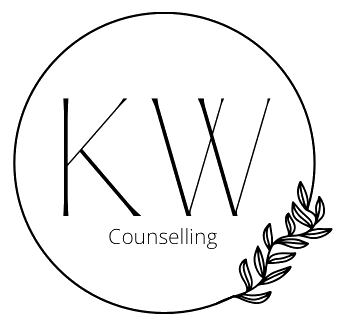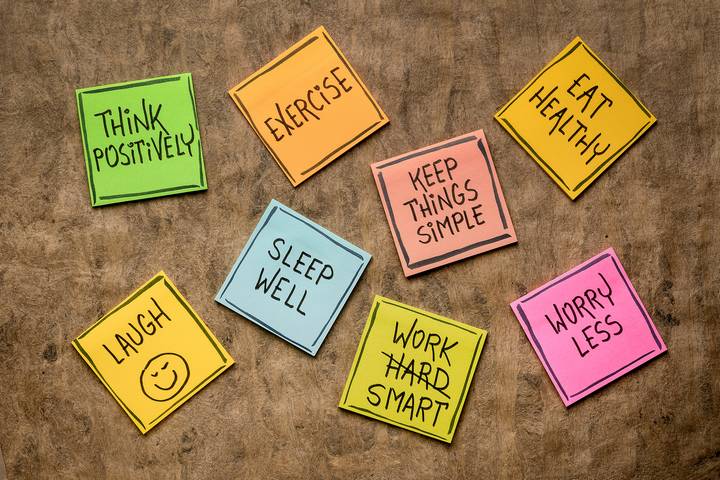Stress, anxiety, and depression affect us to varying degrees. For some people, the effects are mild and will naturally subside. For others, these symptoms are overpowering and may impact your mental health in the long term. Over time, stress, anxiety, and depression can manifest in your body through undesirable symptoms, such as sweating, trouble concentrating, and possibly hyperventilation.
If your mental health is troubling you, counselling services can provide tremendous assistance. The counsellors will recommend strategies to help ease anxiety and reduce the stress in your daily life. They share techniques to build confidence, empower your decisions, and provide guidance to enrich your life. With regular counselling sessions, you may see significant improvements in reducing your stress, anxiety, and depression.
In addition, you can apply adjustments to your daily habits that will improve mental health in the long term. These are not drastic changes that will overhaul your lifestyle completely. Instead, they are minor improvements you can implement into your daily routine, bringing more peace and tranquillity to your life.
Apply these diets, exercises, and daily habits to improve mental health in the long term:
Best diet to improve mental health

When you hear the words ‘healthy diet’, they come with specific expectations that may seem stressful. There are many available diets that all promise health and vitality. The problem is that these diets often contradict each other. Instead of following a strict diet, you are better off understanding what food does inside your body.
Essentially, your brain needs a steady stream of nutrients to function at its best. Here are some popular options that you can include in a diet to improve mental health:
- Fruits & Vegetables: Eat a wide variety of fruits and vegetables all along the colour spectrum. They are full of flavour and pack a nutrient-rich punch.
- Protein & Fats: Eat good sources of protein like lean meats and poultry. Also, don’t forget to consume healthy fats, such as tofu, cheese, and walnuts.
- Supplements: Take supplements to fill in the vitamin and mineral gaps in your food. You will want to focus on the B vitamins specifically.
- Water: Drink plenty of water, teas, and fresh juices, but avoid sodas and alcohol.
- What not to eat: Stay away from sugar and trans fats as they promote inflammation and contribute to anxiety.
Food is supposed to be a pleasure in life, so don’t be too strict on yourself. Gradually transition into your new diet, and experiment with different foods to find the best ones you will like. As you adopt a healthy way of eating, you will begin seeing positive changes in your body and mood. Stick to this diet over time, and your mental health will improve.
Exercise and mental health
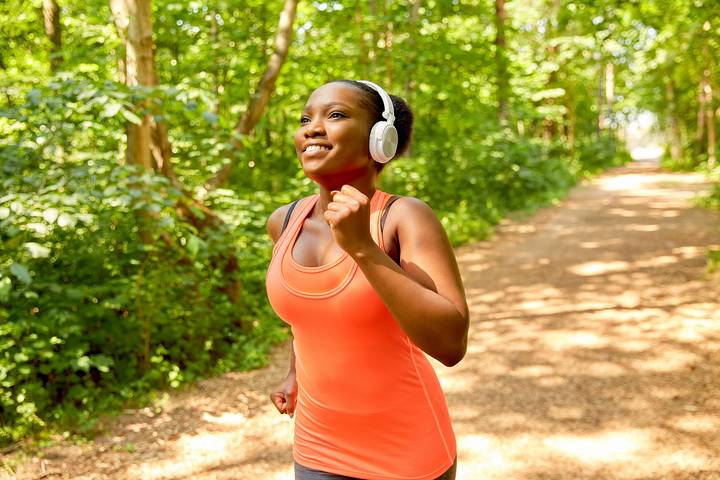
Exercising is a powerful tool for reducing anxiety. It naturally elevates your mood as your body produces serotonin and endorphins that combat depression. However, you don’t have to go out and join the local CrossFit club right out of the gate. It can be stressful to jump into a strenuous exercise routine without building up your physical stamina.
Start with a walking program and follow through with it. Walk around the park, the neighbourhood block, or a treadmill at home. See if you can get your spouse, children, or friends to join during these walking excursions. This exercise is low impact, so it gets you into the groove of being active.
For anxiety, combining exercise with meditation doubles the benefits. Use techniques like yoga, tai chi and qigong, which help you engage your muscles in stretching movement. At the same time, it also trains your body and breathing. Remember that you don’t have to become a master of these techniques. Simple routines bring peace to your system, allowing you to carry this tranquil energy throughout your day.
Meditation techniques for mental health
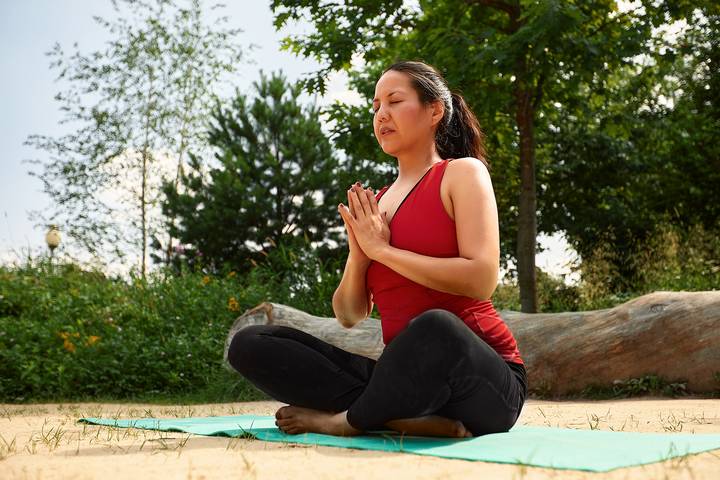
When you suffer from stress, anxiety, or depression, it’s hard to get negative thoughts out of your head. The more you repress these thoughts, the stronger they seem to resonate in your mind. Use guided meditation to clear your head from anxious thoughts. Meditation concentrates on focused breathing, so your mind is busy listening to the heart and feeling the breath. Doing this fills the blood with fresh oxygen and calms the body.
Tapping is a form of meditation technique with holistic acupressure influences. The process originates from ancient Chinese principles combined with modern psychology. In this technique, you tap on specific meridian points on your body to free negative energy. There is a pattern of meridian points you tap in order while focusing on your negative emotions.
Tapping can reduce stress by bringing the body back to a relaxed state through the parasympathetic nervous system. It takes some dedication to the technique to produce successful results. Those who have practiced tapping daily often report experiencing a stronger immune system, along with less emotional stress.
Sleep and mental health
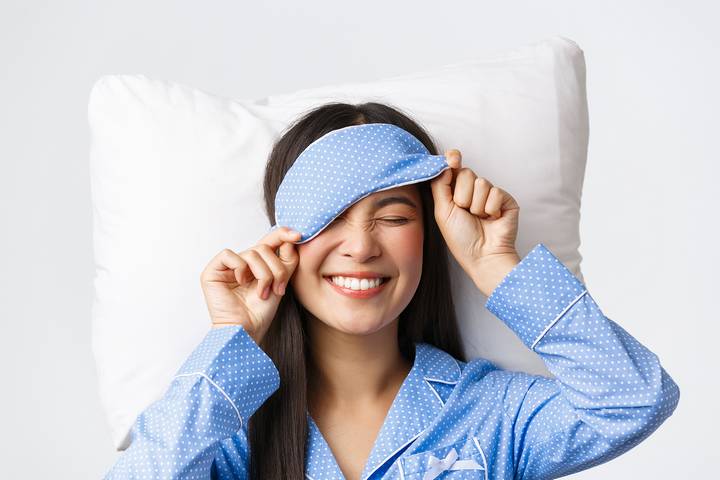
Most people don’t sleep enough. Studies show that eight hours of sleep is optimal, but few people regularly hit that milestone. When you are stressed, your body craves as much rest as possible. Without enough sleep, your anxiety and other mental health conditions can dramatically increase.
You may have difficulty falling asleep because your mind is still actively running in the late hours. Make a habit of not stimulating your body and mind too much when the sun is down. Skip the television, computer, and wind down without any screens for an hour before bedtime. Although it’s tempting to stream a movie or another TV episode, your body needs downtime to restore and reset.
The body follows a natural circadian rhythm, so you shouldn’t disrupt its natural process. In other words, your body knows when it needs to rest. Go to bed when you are tired instead of fighting against the urge. If possible, let your body be the alarm clock so that you wake up and fall asleep naturally. Restorative sleep can reduce your stress and anxiety while calming the brain and nervous system.
